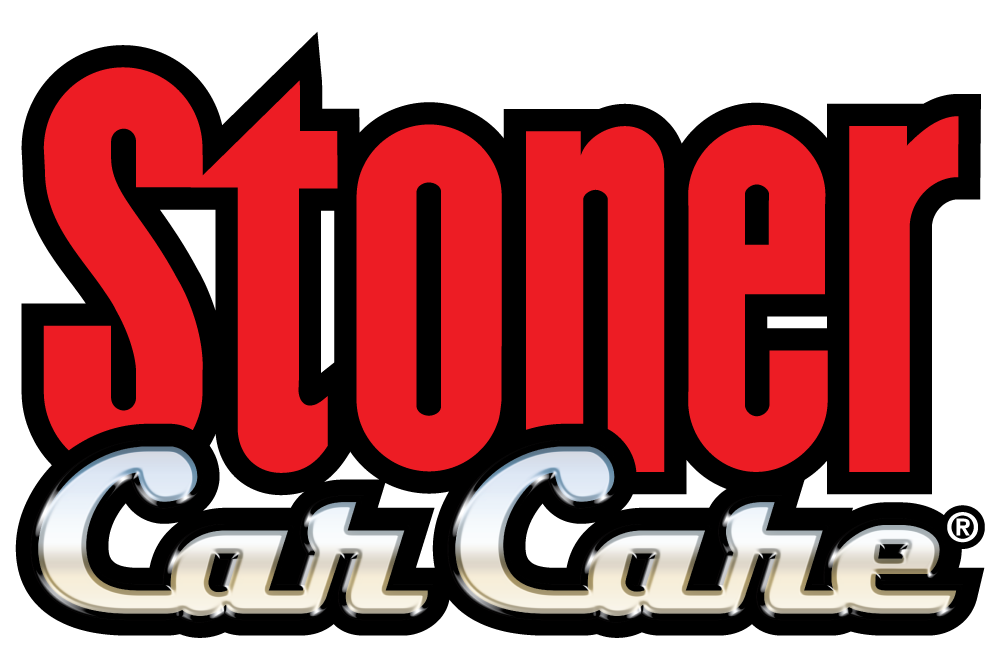Engineered for smoother, quieter performance, these premium blades feature a ceramic-infused silicone edge that glides across your windshield for a crystal-clear, streak-free wipe.
Ceramic coating has become a popular upgrade for drivers who want lasting protection and a showroom-level shine. Prices can range from under $100 for DIY kits to several thousand dollars for professional applications, which leads to a fair question: What are you really paying for?
The answer depends on how the coating is made, how it’s applied, and how long it lasts. Knowing these factors helps you understand real value and choose the option that fits your vehicle and budget.
What Is a Ceramic Coating?
A ceramic coating is a liquid polymer that bonds chemically to your vehicle’s clear coat to create a long-lasting layer of protection. These coatings are often made with silicon dioxide (SiO₂) or similar compounds that harden into a glossy, durable shell once cured.
The result is a surface that repels water, resists dirt, and shields your paint from UV damage. Unlike waxes or sealants that sit on top of the paint and wear away quickly, ceramic coatings fuse with the finish to deliver protection that can last for years.
The Big Question: How Much Does Ceramic Coating Cost?
The cost of a ceramic coating depends on three major factors: who applies it, the type of product used, and the extent of surface preparation required before application.
|
Type of Ceramic Coating |
Typical Price Range |
What You’re Paying For |
|
DIY Ceramic Coating Kits |
$50–$150 |
● Affordable and accessible for enthusiasts who are comfortable applying a coating themselves. These products vary in durability and ease of use. ● A high-quality example is Stoner Car Care’s Professional Grade Paint Ceramic Coating (30ml), priced at $99.99 and designed for high-end DIY performance. |
|
Entry-Level Professional Coatings |
$500–$1,000 |
● Professional application with commercial-grade chemistry, plus prep work such as paint correction, surface cleaning, and curing. |
|
Premium or Multi-Layer Coatings |
$1,200–$3,000+ |
● Multi-layer systems with extended curing times and multiple steps. ● Often chosen for luxury or show vehicles, where depth of gloss and long-term durability are most important. |
Ceramic coating prices range widely because each option involves different materials, preparation, and application methods. Professional jobs require more labor, while high-quality DIY coatings deliver impressive shine and protection for less.
What Are You Paying For?
The cost of any coating depends on three primary factors: surface preparation, product chemistry, and application method.
1. Surface Preparation
A flawless finish starts with clean, smooth paint. Professionals spend hours washing, claying, and polishing to remove contaminants before applying a coating. The same rule applies at home: the cleaner the surface, the stronger the bond and the better the shine.
2. Product Chemistry
Formula quality drives both durability and appearance. Basic coatings rely on silicon dioxide (SiO₂), while advanced blends combine SiO₂ with Polysilazane to create a harder, longer-lasting structure. That chemistry is what produces the deep gloss and strong water-beading effect drivers value most.
3. Application Method
Professional shops use heat lamps and controlled environments to cure coatings perfectly. Premium DIY coatings simplify that process by curing naturally while still producing excellent results.
Performance and Protection with Stoner Car Care’s Ceramic Coating
A 30ml bottle of SCC’s Professional Grade Paint Ceramic Coating covers a full sedan or small SUV. Each kit includes microfiber towels and a detailed guide to make application simple and effective.
|
What it Does |
What You’ll Notice |
|
Deep gloss and reflective finish |
✔️Creates a showroom-quality appearance |
|
Up to 2 years of protection |
✔️Guards against UV rays, oxidation, and water spots |
|
Simple application |
✔️Applies smoothly and cures overnight without special equipment |
|
Smart value |
✔️Offers professional-grade performance at a DIY price |
For drivers who want lasting protection and a rich, reflective finish without paying professional rates, this kit delivers a balance of quality, ease, and long-term value.
DIY vs. Professional: Which is Right for You?
Choosing between a DIY and professional ceramic coating depends on your goals, time, and budget.
● DIY coatings are ideal for car owners who enjoy hands-on care and want lasting protection without significant expense. Products like SCC’s Professional Grade Paint Ceramic Coating deliver most of the performance of a professional job at a fraction of the cost.
● Professional applications are suited for luxury vehicles or drivers who want extended warranties and multi-year protection.
Regardless of the route you choose, proper maintenance determines the coating's lifespan. Wash your vehicle regularly with a pH-neutral car shampoo and a soft microfiber wash mitt. Avoid brush-style car washes and refresh the finish with a professional-strength quick detailer between washes.
Ceramic coatings make cleaning faster and easier, but they still need care. Regular, gentle washing keeps the hydrophobic surface performing like new for years.
|
❓Is Ceramic Coating Worth It? If you value your vehicle’s appearance and long-term paint health, absolutely. Think of it this way: a proper coating can reduce your washing time by 50%, cut down on waxing costs, and protect your paint from long-term fading or etching that would otherwise require expensive correction work. |
Final Thoughts: The True Value of Ceramic Coating
Ceramic coatings go beyond appearance. They protect your paint, extend the life of your finish, and make maintenance easier for years to come.
Stoner Car Care’s Professional Grade Paint Ceramic Coating shows that professional-level results don’t have to come with a professional price. Its advanced SiO₂ and Polysilazane formula creates a deep gloss, a strong hydrophobic barrier, and a simple application process that suits any skill level.
When someone asks, “How much does ceramic coating cost?” the answer depends on what lasting protection and pride in your vehicle are worth to you. For most drivers, this coating delivers the right balance of performance, price, and ease—proof that excellent protection doesn’t have to be complicated.




